Pigging Out: Local Restaurants Hold Their Snouts High in the Face of Rising Pork Prices
First, tensions with the US gave rise to tariffs that affected many popular Chinese food products, not least of which was beef, which was hit again by tarriffs levied on Australian imports this past August. These days, it seems that meat supply markets are getting pummeled from all sides as African swine fever has rendered Chinese pigs unsellable en masse. Unsurprisingly, this has meant surging prices for China’s favorite meat. Pork rose to nearly RMB 50 per kilogram in October, jumping a whopping 9 percent in the course of just one week.
It’s not all bad news, however. Signs are beginning to point to easing tensions across the Pacific as the US takes steps toward resuming chicken exports, and pork prices did dip a couple of RMB per kilogram this month. But more importantly for Beijing's more meat-centric restaurateurs, China’s appetite for animal protein is as insatiable as ever. We talked with some local porksters to ask them how they are weathering the storm, and found that even under the heavy hoof of high prices, they are still carrying on strong through the mud.
As you can guess from the name, 3 Little Pigs' tiny bricked hutong house cannot escape the effects of a bumpy pork market, but it is also no stranger to adversity. What’s more, owner Andy Horowitz is a sausage-casing-half-full kind of guy, who describes the bricking up of the restaurant’s front entrance as the best thing to ever happen to it, with the new side door adding an air of secrecy and exclusivity.

Horowitz doesn’t deny that the swine fever has thrown a few hurdles in his path, but his pigs are hardly trapped in a sty. The restaurant has always sold more burgers than pulled-pork sandwiches, although some customers are still coming for the high-quality American pork that has always been served there.
Andy’s Sausages, Horowitz's other business, has not received as much of his focus, in part because 3 Little Pigs has become the more successful business by far but also because wholesale is not as attractive as it once was. “It’s not like people are flocking to pork just because it’s safe and expensive now,” he quips. Still, from time to time he mulls over the idea of putting more energy into sausages, if for no other reason than to take advantage of his good reputation.
Another business feeling the burn is Beijing's largest restaurant dedicated to American barbecue, Home Plate. Likely a household name to any Beijinger who knows their way around a full rack of smoked ribs, Homeplate, as with any long-lasting outlet, has overcome many an F&B hurdle just to stay in the game. However, getting hit on both the beef and pork fronts has been the biggest challenge yet, says Charles de Pellette, purchasing manager.
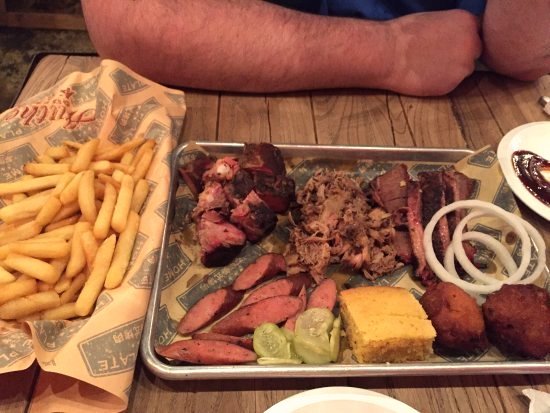
Not to worry though, as no challenge will ever take any meat dishes off the menu. “We’re basically a temple where people come to worship meat,” de Pellete says. Hopefully, the meat gods will hear the prayers of pork lovers.
While one approach is to simply wait out the high prices until China's farms recover their pig supplies, a different perspective is to say, "when life gives you lemons, why not use them to marinate your meat?" (So to speak.) According to Jing-A's Executive Chef Simone Thompson, the brewery has decided to take China's unpredictable market as an opportunity to switch things up, replacing pork with lamb and making for a new experience for the barbecue fans who frequent its Xingfucun location.

Thompson says it was easy enough to achieve a traditional Texas barbecue-style flavor with the lamb substitutes, and the response from customers has been positive. “It’s out of the box, but not totally crazy,” she explains. The kitchen has also begun to pair smoked lamb leg with their mac and cheese. Sounds like we will still be pigging out, whether pork's on the menu or not.
READ: Squash Your Thanksgiving Goals With This Easy Pumpkin Pie Recipe
Images: Pascal Debrunner (via Unsplash), Kyle Mullin, Trip Advisor, Jing-A

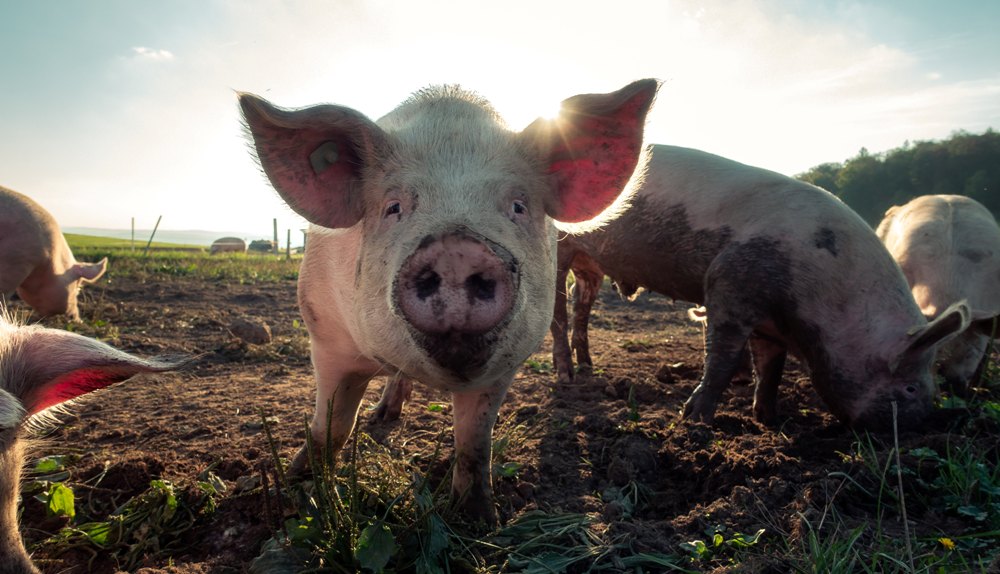
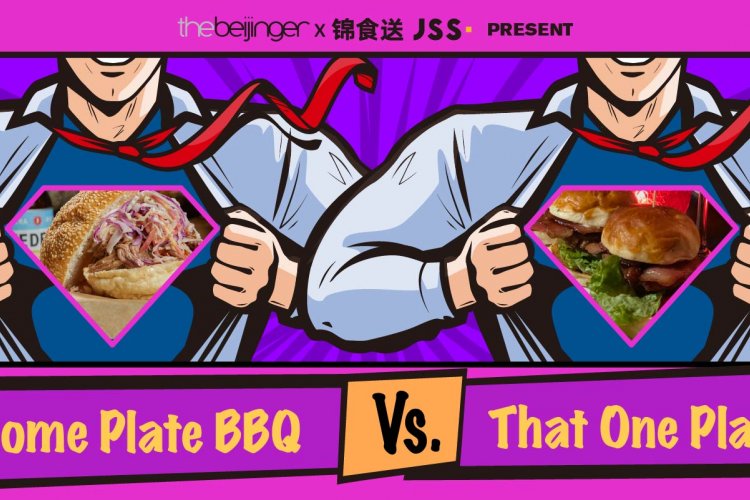
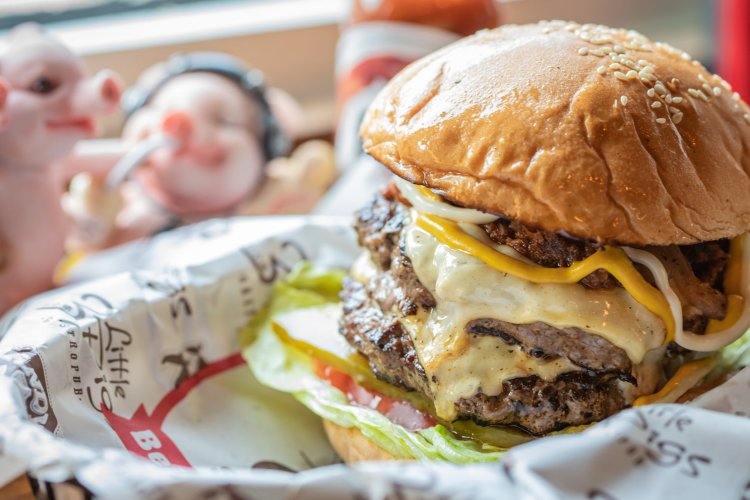

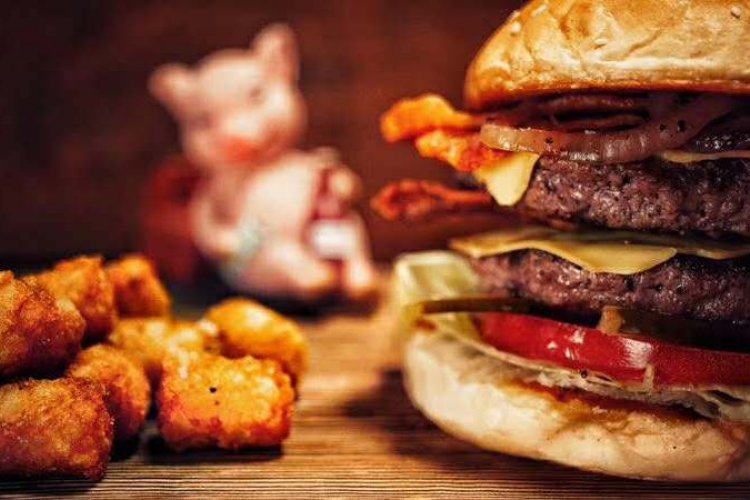

![[FORMAT] 2020 Burger Cup Sweet 16 Matchups: 3 Little Pigs vs The Great Outdoors [FORMAT] 2020 Burger Cup Sweet 16 Matchups: 3 Little Pigs vs The Great Outdoors](https://www.thebeijinger.com/sites/default/files/styles/blog_list_image/public/thebeijinger/blog-images/100/3_little_pigs_vs_the_great_outdoors_2x_0.jpg)